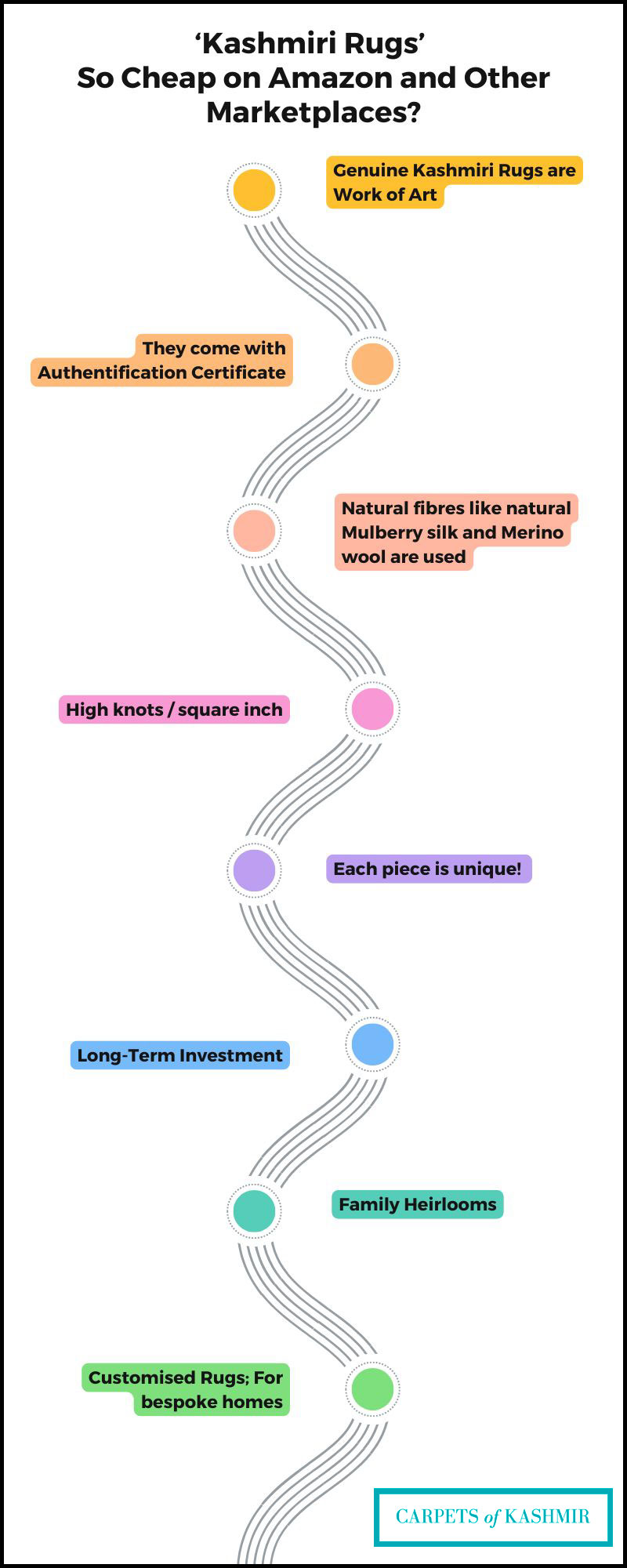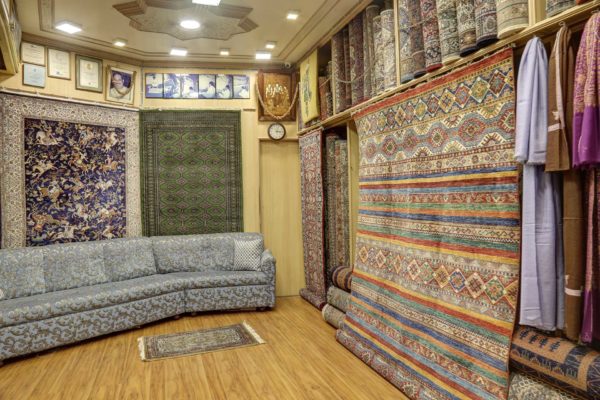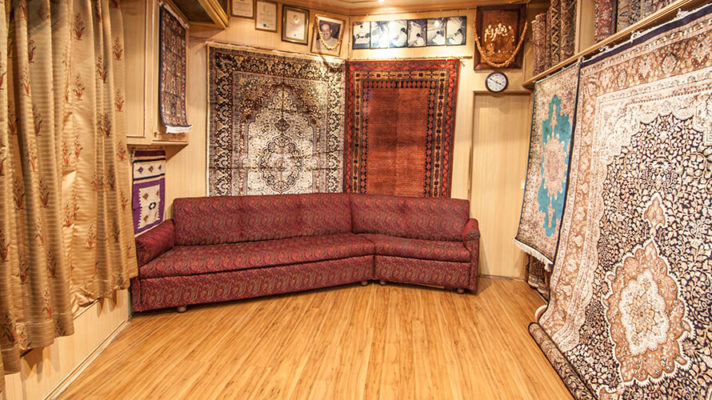Why Are “Kashmiri Carpets” So Cheap on Amazon and Other Marketplaces? (Hint: They are Not Authentic Kashmiri Carpets!) »
If you’ve ever browsed Amazon or other online marketplaces looking for a Kashmiri carpet, you may have been surprised to find some at shockingly low prices.
To understand how genuine materials differ from imitations, see our guide on Original Kashmiri Carpets.
True Kashmiri carpets are handmade, hand-knotted works of art that often take weeks or even months to create.
Given this, it raises a big question: How are these so-called “Kashmiri carpets” so cheap online?
As a third-generation creator of authentic hand-knotted Kashmiri and Oriental rugs, our family has spent decades dedicated to this beautiful art form.
Our Mumbai showroom at the World Trade Centre is home to over 2,000 rugs, each one a testament to the rich heritage, skill, and artistry that goes into a genuine Kashmiri carpet.
So, when we see mass-produced, machine-made rugs labeled as “Kashmiri” or “Oriental” on online marketplaces, it’s disheartening, to say the least.
Every rug is accompanied by an authentification certificate: RugAssue; giving complete details of the rug along with the proof of quality product.
We don’t just sell rugs! Our managing partner Rohit Sharma is a rug expert and consultant to several interior designers and architects; guiding them in selecting the most appropriate rug for bespoke homes and offices.
If you’re curious about why these carpets are so affordable on Amazon — and why these deals are often too good to be true — let’s dive into the details.




